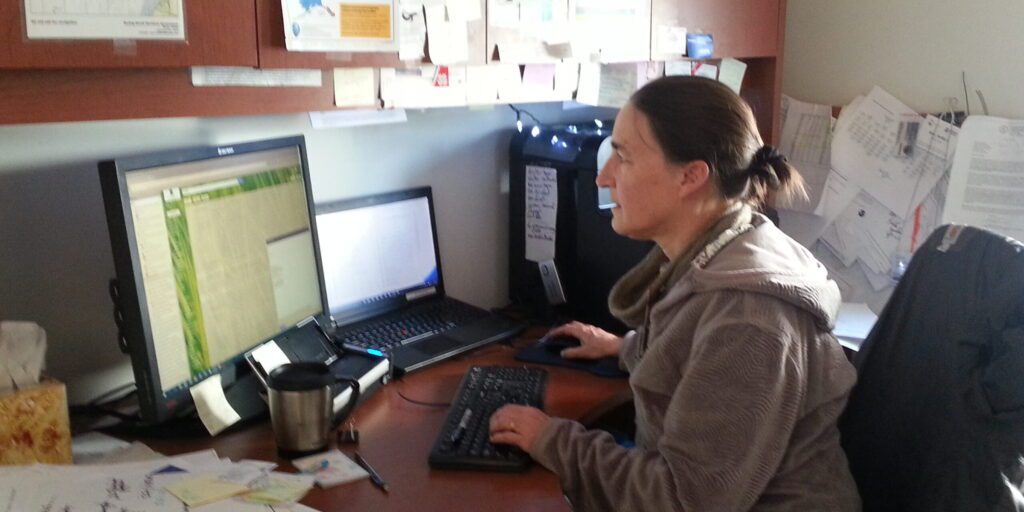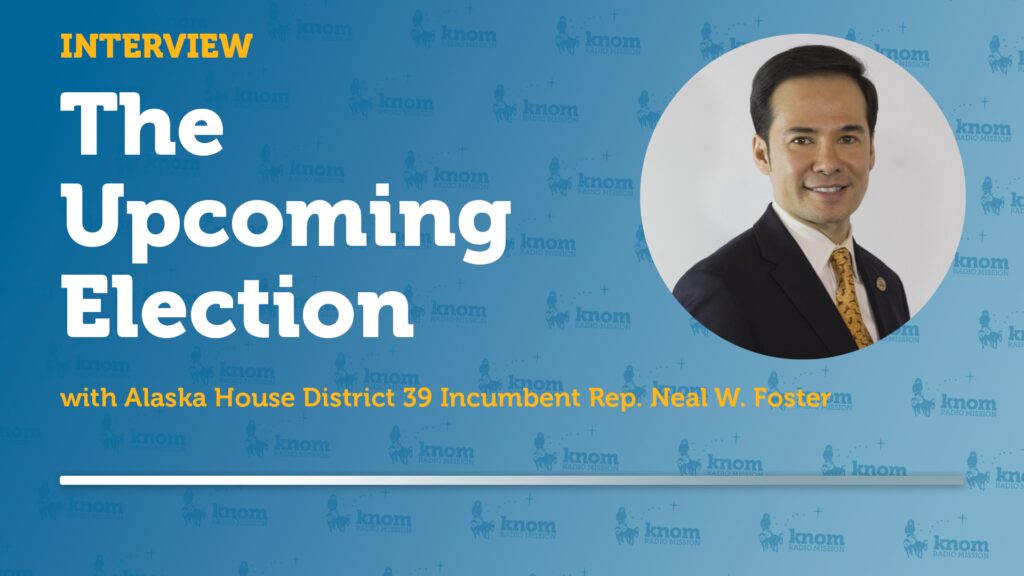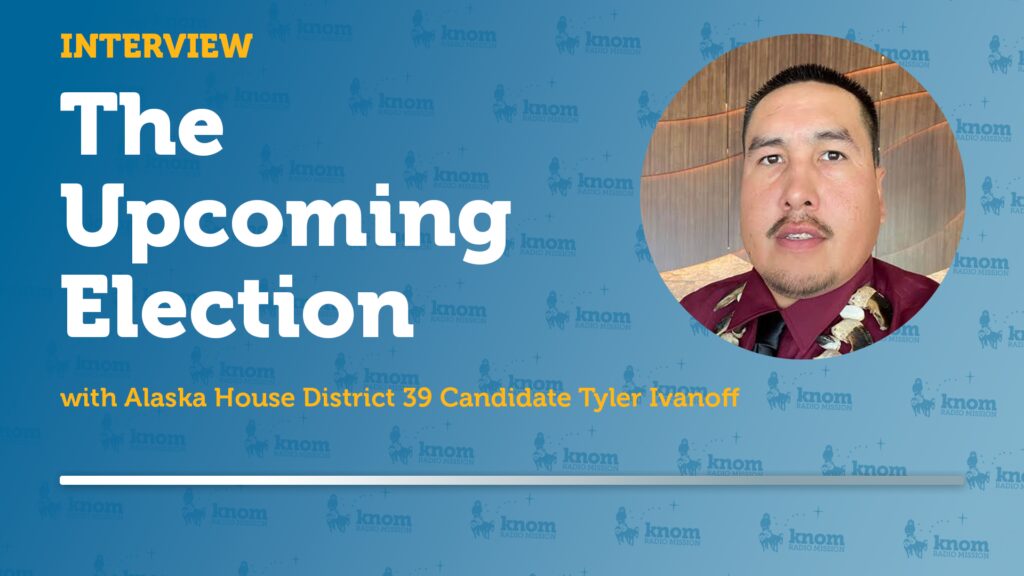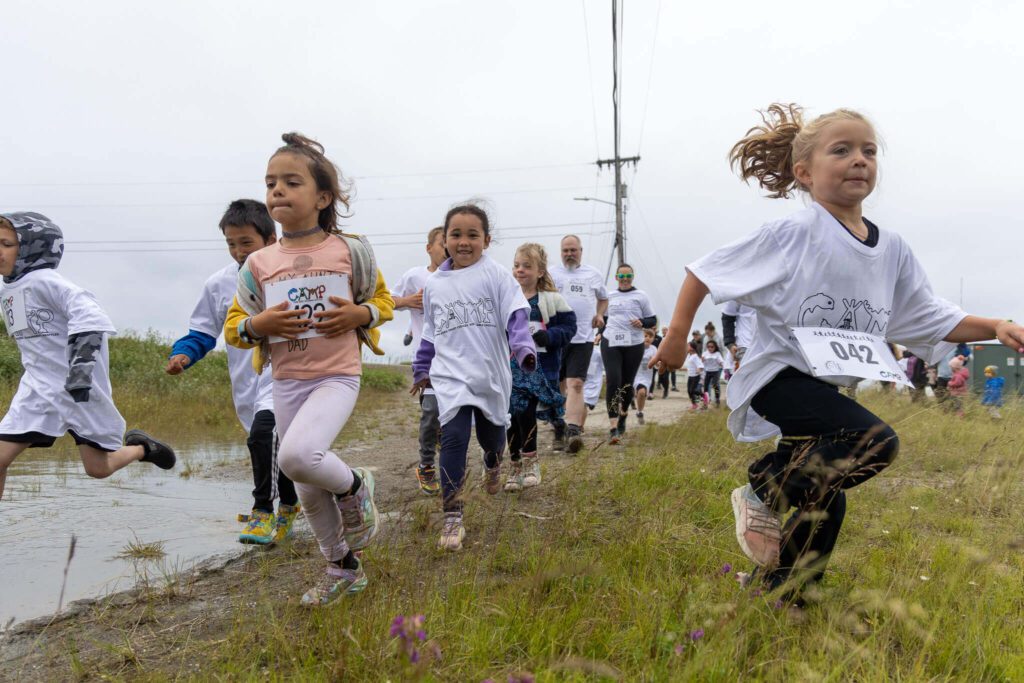Alaska Sea Grant, one of 33 Sea Grant organizations that exist nationwide, is facing extinction due to a threat from the White House to stop funding the national program. Contained within Alaska Sea Grant is the Marine Advisory Program, which operates in eleven locations throughout the State, including Nome.
Paula Dobbyn, communications manager for Alaska Sea Grant, explains that the Marine Advisory Program (MAP) has agents present in Nome, Bethel, and nine other communities across the State.
“And they do a variety of things, you know, ranging from research, educational outreach, events that may go on in the community they support or they organize,” Dobbyn summarized, “It’s all about understanding our oceans, understanding our marine resources that exist in our oceans. It’s about strengthening our multi-billion-dollar fishing and seafood processing industries in the State, supporting workforce development in our coastal communities.”
For Nome and the Bering Straits region, Gay Sheffield has been the lone marine advisory agent since 2011. In her six years of work, Sheffield has dealt with various issues like an outbreak of avian cholera in seabirds at St. Lawrence Island, assisted multiple species of wildlife covered in oil, and looked for the cause of a mysterious seal sickness.
“We had an unknown mortality event that is still slightly ongoing, but it was very bad in 2011; it was a still-undetermined disease that was affecting all four species of our seals in this region. That was the first time the federal government or that NOAA has ever had an unusual mortality event in the Arctic, and also one where human health is considered directly, because people are consuming and relying on the animals that were affected,” explained Sheffield.
According to Alaska Sea Grant, over 50% of their budget is spent on the Marine Advisory Program (MAP) along with communications. That funding has put Sheffield in a position to collaborate with regional organizations such as the Norton Sound Economic Development Corporation or the Alaska Eskimo Whaling Commission (AEWC).
“I don’t operate alone; here in Nome, it’s always a team effort with some of our biggest partners, which are the tribal councils of communities throughout our region, Kawerak’s subsistence program, Kawerak’s natural resources program, the Eskimo Walrus Commission, (and) the co-management entities, like the Ice Seal Commission. I mean, this is Nome: we are a small hub surrounded by this incredible ocean and this incredible land and incredible communities, so, we all pitch in together,” Sheffield reiterated.
The AEWC along with many other entities Sheffield mentioned have sent her letters of support over the years for the work she has been doing in the region. Dobbyn expanded on those sentiments of support as she spoke to Sheffield directly.
“From my perspective, I think that if you weren’t there anymore, it would be a big loss to the community, and that community involves people who rely on marine mammals for their nutrition and cultural needs. I think it would be a real loss to the federal agencies who rely on you for your knowledge and the fact that you are physically located in the region. I mean, I think it would be a multi-layered loss,” stated Dobbyn.
On Tuesday, Senator Lisa Murkowski introduced a bipartisan Senate Resolution in support of Sea Grant. Congress will approve the budget by the end of this month, which will decide Sea Grant’s funding for the rest of this year.
Regardless of the future of Sea Grant and the Marine Advisory Program, Sheffield says she will continue to help the region, although at this time, she is not sure how she would do that without MAP.
Sheffield will continue to host Strait Science series events this year at UAF Northwest campus on topics related to ongoing marine and land-based research activities in the Bering Strait region.







